The Benefits Of Cucumbers | Everything you need to know!
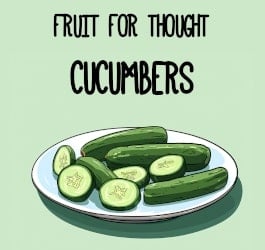

Where did the term "cool as a cucumber" come from?
Cucumbers are long and green and have a mild/lightly sweet flavour. They’re about 95% water, which means they have the highest water content out of any solid food. This high-water content is good for cooling down the body, hence the term ‘cool as a cucumber’
Are cucumbers a fruit or a vegetable?
Interestingly enough, whilst cucumbers are thought to be vegetables mostly; they are botanically a fruit. Cucumbers are in the Cucurbitaceae family, or the ‘gourd’ family. Other fruits in the gourd family include watermelons and pumpkins, who would’ve thought?
What are the benefits and nutritional value of eating cucumbers?
Cucumbers are rich in Vitamin K, Vitamin C and Potassium.
Vitamin K
Vitamin K is essential to help blood clot normally. Often you might hear about blood clotting in a bad way, but it’s essential for the body. If you get injured, then blood clots will form to stop (or at least slow down) the bleeding. Of course, under the wrong conditions blood clots can form in your veins, which can be dangerous.
Vitamin K is also important to help building healthy bones. It can be found in other leafy vegetables, like spinach.
Vitamin C
Vitamin C, otherwise known as ascorbic acid, helps the body in several ways. They help:
- Protect cells, keeping them healthy.
- Maintain healthy skin, blood vessels, bones and cartilage.
- Healing Wounds (along with Vitamin K)
You can find Vitamin C in most citrus fruits, peppers and strawberries.
Potassium
Potassium is a mineral that will help balance the fluid levels in the cells within our bodies. It also helps make sure our hearts work properly… biologically that is. Potassium is sometimes referred to as ‘electrolytes’ because it carries an electrical charge (albeit very small).
You can find potassium in other fruits, like bananas.
Hydration
Hydration is incredibly important for the body, it’s actually incredible how much a healthy water intake can do for you and your body. Just off the list, hydration helps:
- Regulate our body temperature
- Keep our joints lubricated,
- Prevents infections,
- Delivers nutrients to cells,
- Keeps organs functioning properly
- Improves sleep quality
- Boosts cognition & mood.
- Prevent kidney stones
What happens when you eat a cucumber every day?
Eating a cucumber every day can offer serval potential health benefits!
- Hydration: Cucumbers are composed of about 95% water, which makes them a hydrating food choice. Consuming them regularly can contribute to your overall hydration levels.
- Nutrient intake: Cucumbers are a good source of several essential vitamins and minerals, including vitamin K, vitamin C, potassium, and magnesium. These nutrients play various roles in maintaining overall health, such as supporting immune function, bone health, and heart health.
- Weight management: Cucumbers are low in calories and high in water and fiber, which can help you feel full and satisfied with fewer calories. Incorporating cucumbers into your diet may aid in weight management or weight loss efforts.
- Digestive health: The water and fiber content in cucumbers can promote healthy digestion and prevent constipation by adding bulk to stool and aiding in regular bowel movements.
- Skin health: Cucumbers contain silica, a compound that is beneficial for skin health and can contribute to healthy-looking skin. Additionally, the high water content in cucumbers can help keep the skin hydrated.
- Antioxidant properties: Cucumbers contain various antioxidants, such as flavonoids and tannins, which help protect your body from oxidative stress and inflammation.
- Heart health: The potassium content in cucumbers may help regulate blood pressure levels, which is important for heart health. Additionally, the fiber and antioxidants in cucumbers can contribute to a healthy cardiovascular system.
It's important to note that while eating a cucumber every day can be a healthy addition to your diet, it's also essential to consume a balanced and varied diet to ensure you're getting all the nutrients your body needs. Additionally, individuals with certain medical conditions or allergies should consult with a healthcare professional before making significant changes to their diet.
Share this post
Related Posts
Fruit For The Office and Recycling
Fruit For Thought - Braeburn
Nutritional Insight - Minerals
Honeydew Melon Health Benefits and their History
Valentine's Day
The Real History of Bananas! Where did we get the term Banana republic?
Easter Opening Times
Bank Holiday Procedure - 2023
How Caffeine Affects our Bodies
The Benefits of Early-Morning Deliveries
How fruit boosts productivity in the office
Our New Fruit Boxes | Fruit For The Office
How fruit helps in the heat
How to entice staff to eat fruit in the Workplace
The Fruitful Impact: How Fruits Reshaped History
What Do Fruit Delivery Companies Actually Do?
Fruit For Thought - Pomegranate
How Pumpkins became associated with Halloween and their health Benefits for you
Bank Holiday Procedure and Planned Closures - 2024
Everything to know about Skimmed Milk
8 reasons to get milk to the office
5 Critical Benefits of Healthy Office Snack Box Deliveries
Bank Holiday Procedure and Planned Closures - 2025
City Harvest and Fruit For The Office Collaboration
Valentines Day 2025
Categories
Tags
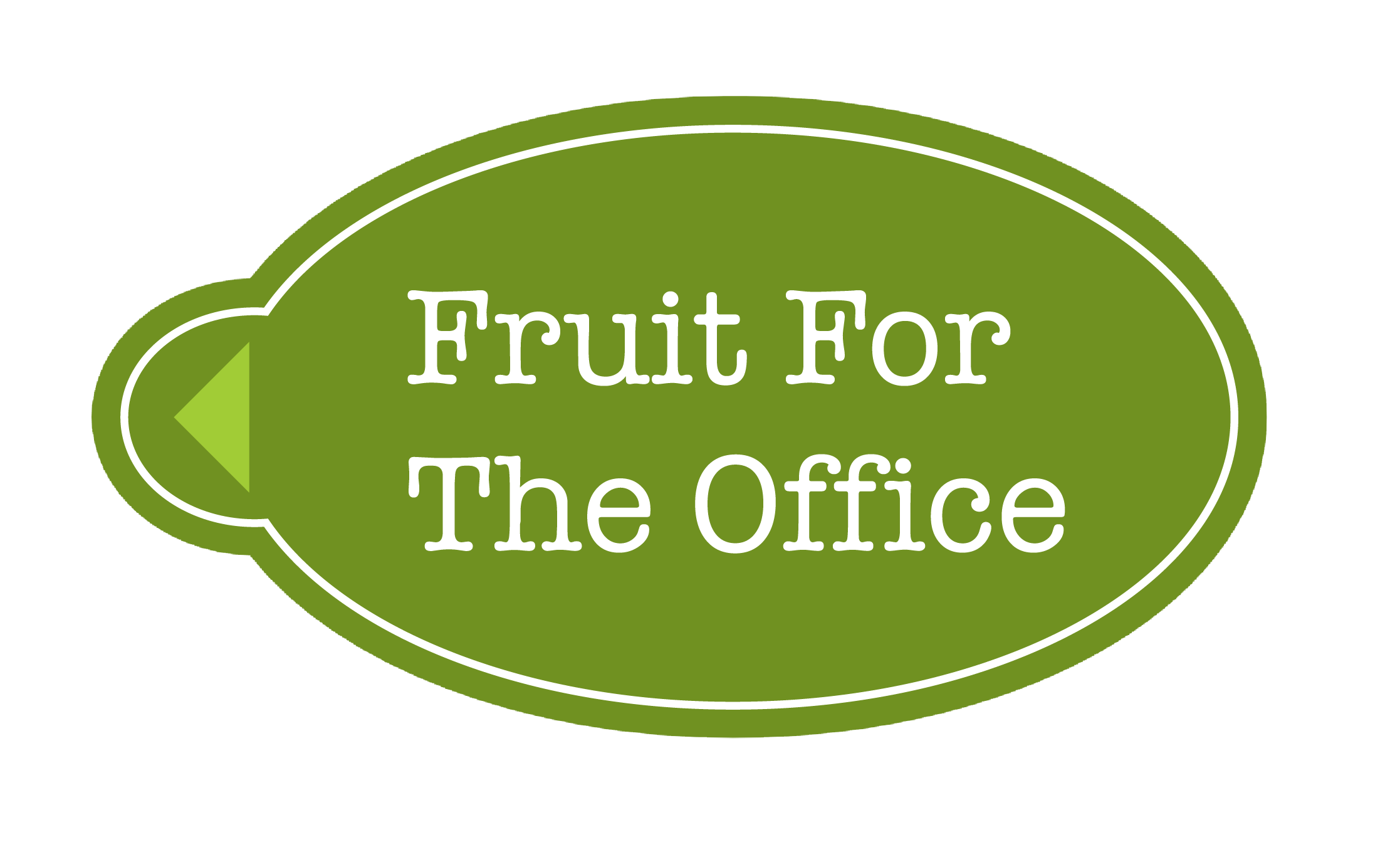

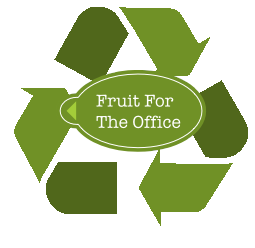

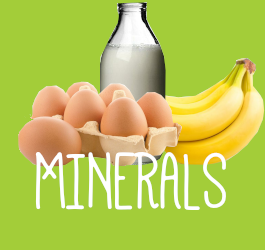
























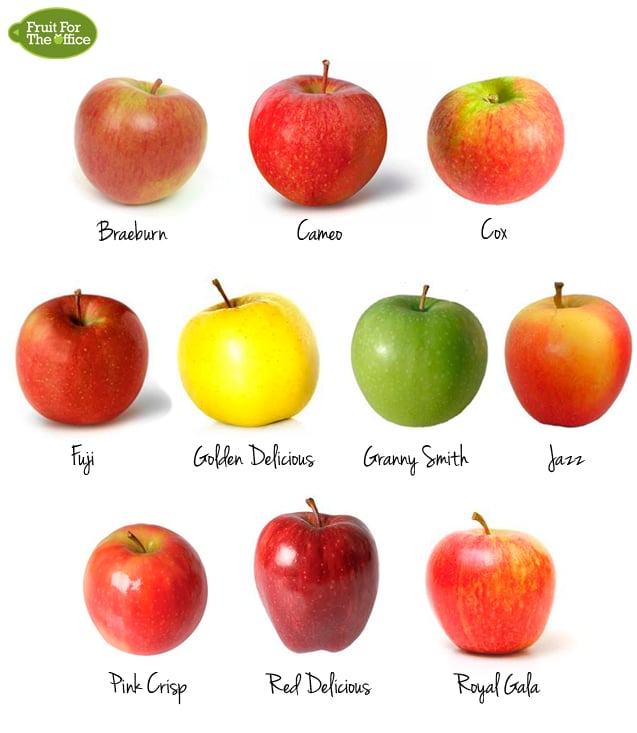
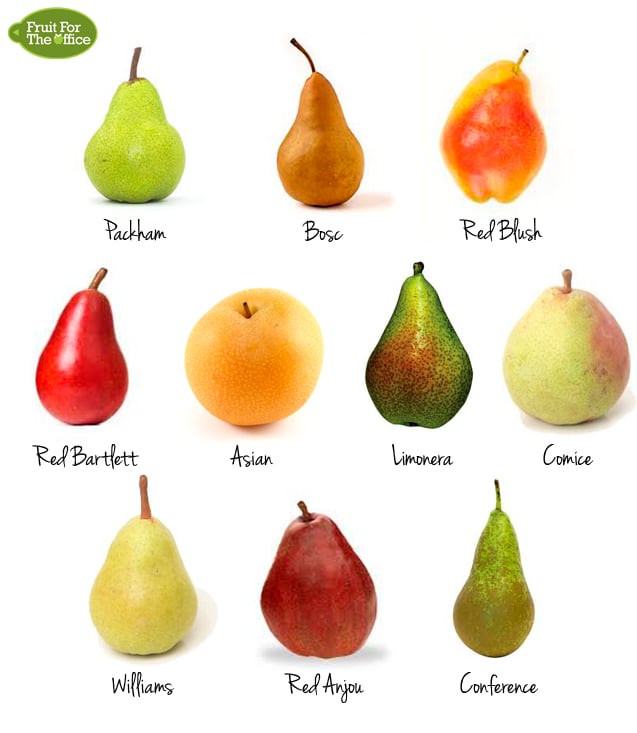






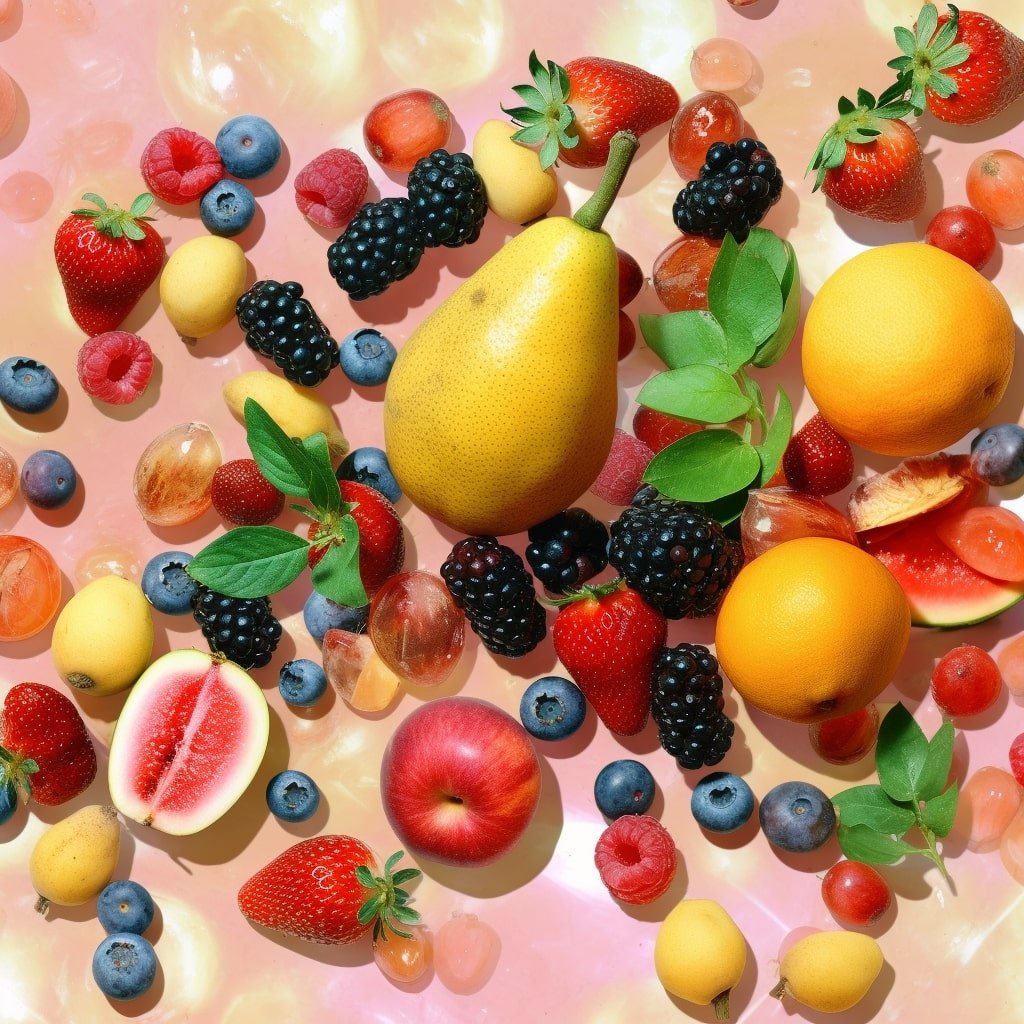

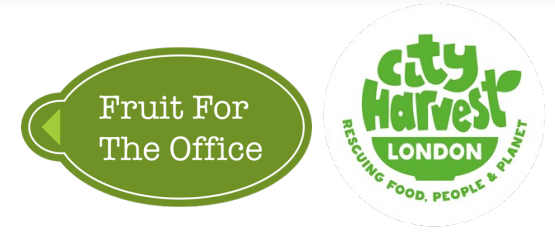


Comments